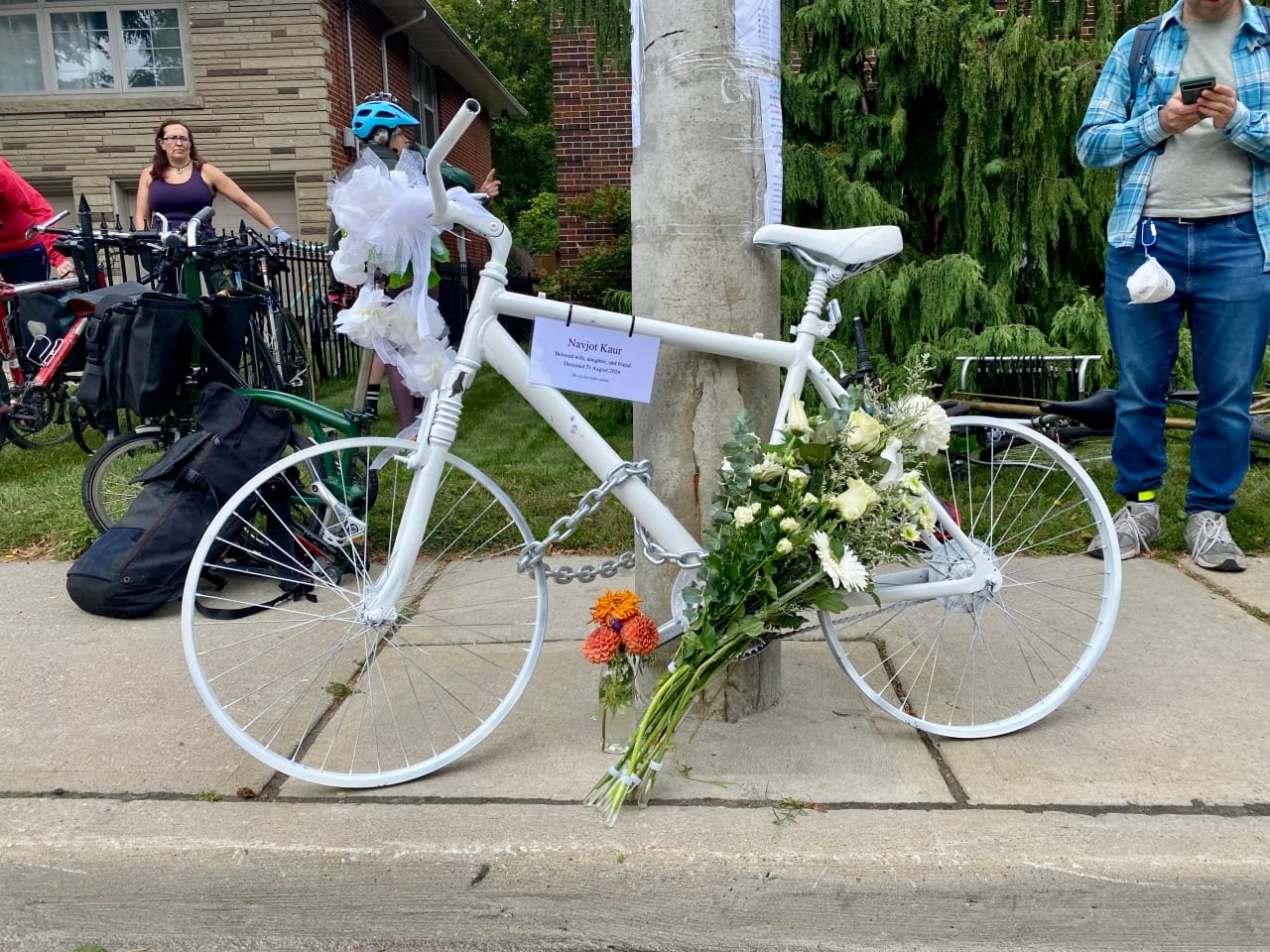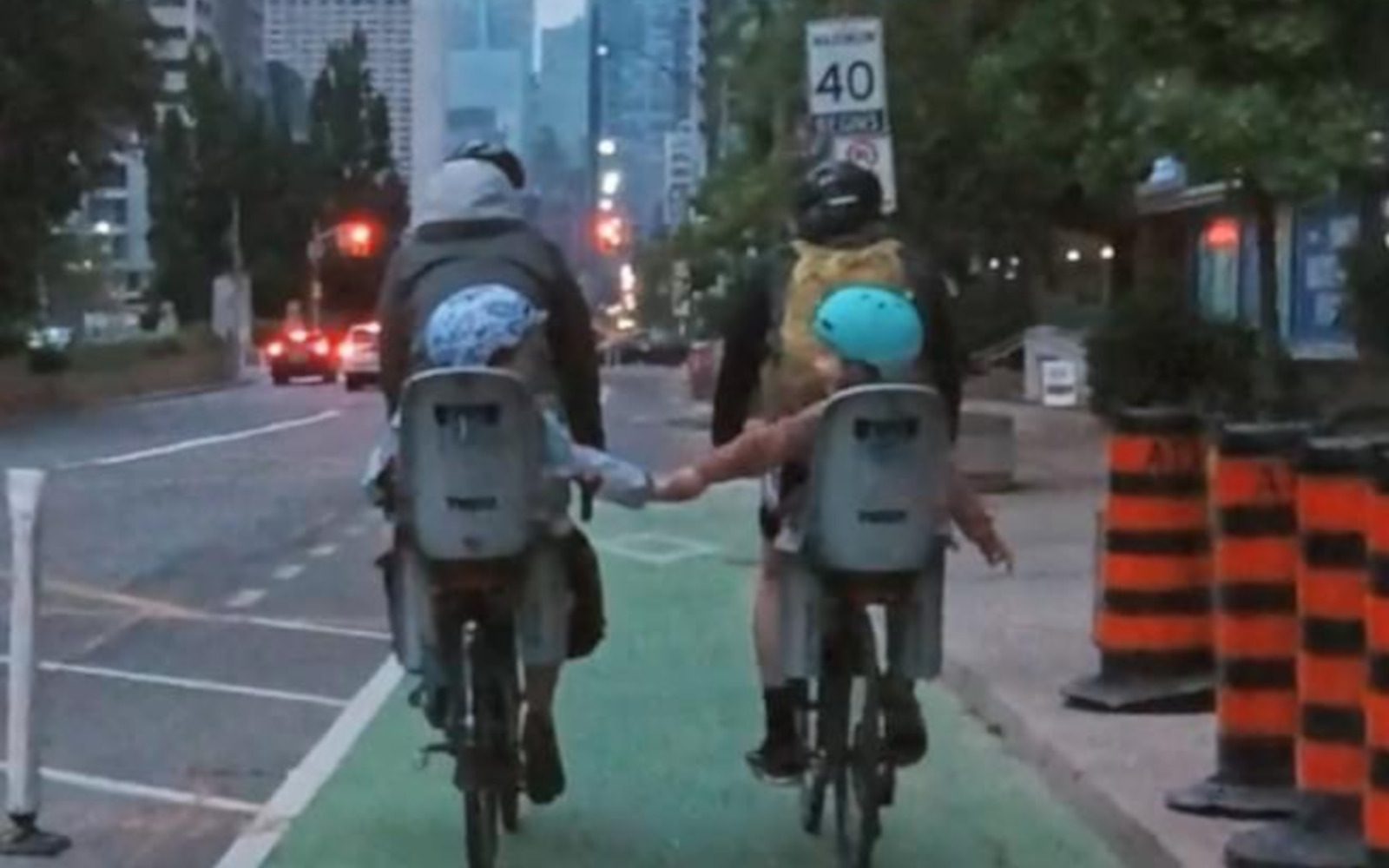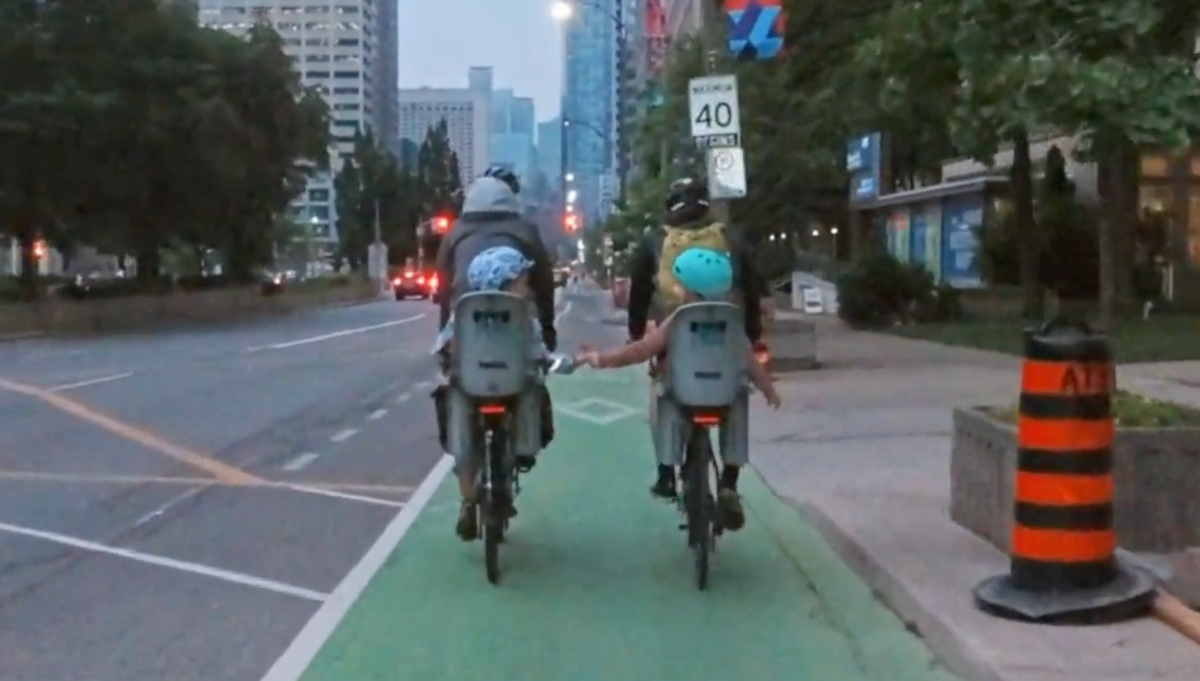I got a triumphant email this morning that I was beyond pleased to receive: the Government of Ontario has lost their case in the provincial Superior Court of Justice regarding the removal of bike lanes on Yonge, Bloor, and University Avenue via Bill 212 Reducing Gridlock, Saving You Time Act, 2024.
Michael Longfield of Cycle Toronto called it a "full win" because:
“We won on the facts and on the law. The court accepted our argument that the government’s actions increased the risk of harm to Ontarians, and that doing so without justification breaches our most basic constitutional rights.”
I like the win of this case not only because I think protecting all road users is important, but because I believe evidence-based policy is important.
The Ford Government claimed that removing these bike lanes was about satisfying a broad public probleem (congestion), while in reality it was about satisying a very specific subset of political insiders. Their proposed "solution," as The Narwhal reported last year, would knowingly come at the cost of the lives and wellness of different road users and, per third-party advice, would not ease the congestion the government claimed to be worried about.
Despite some politicians outcry to the contrary, this case does not equal a "constitutional right to bikelanes."
I don’t know who needs to hear this, but — you DO NOT have a constitutional right to more bike lanes.
— John Rustad (@JohnRustad4BC) July 30, 2025
I support Premier Ford’s appeal of this absurd ruling and — if it comes to it — his use of the notwithstanding clause.
Our country is being undermined by an activist judiciary. https://t.co/S65xIwEMXr
How do we know that?
Because the deciding Justice, Shabas, helpfully tells us exactly what he means:
Contrary to the submissions of the [the Government of Ontario], the Applicants do not seek a declaration that they have a positive constitutional right to bike lanes on public roads. The Applicants do not request or seek a court order that the government take affirmative steps to build more bike lanes.
While the case emergens in the "factual context of biycle lanes," Shabas says that the case is about "the validity of a law passed by government" and that,
where the government takes action that puts people at risk, and does so arbitrarily, its actions may be restrained by the Charter. Where the government acts rationally, in that its actions will further its desired objective, [Section 7 of the Charter of Rights and Freedoms] may not be breached. But where, as here, the increased risk of harm results from action that will not further the government’s objective of reducing congestion, the government action is arbitrary and breaches s. 7 of the Charter.
The ruling has some gems about how poorly the government argued its case, saying:
the evidence presented by the Respondent consists of weak anecdotal evidence and expert opinion which is unsupported, unpersuasive and contrary to the consensus view of experts[.]

Shabas makes clear that the normal conduct of transportation should be grounded in data and would not meet the test of arbitrariness and therefore a Charter challenge, but because the government was so capricious and incompetant with how it conducted itself, this was a clear own goal.
I think what stands out to me most, as someone who once thought they might become a justice, is how the ruling deals with the accusations of judicial overreach.
Shabas summarizes the government's position that ruling in favour of Cycling Toronto and stopping their removal of the lanes would "open the floodgates" and "would make traffic issues, such as 'stop signs, speed bumps, and speed limits questions of constitutional law, not highway engineering.'"
This is patently false, however, according to Shabas, because the government didn't make this decision on the basis of evidence. If they had, the case would have been an open-shut win in their favour.
But, he writes, "there is no evidence that the government based its decision on data, manuals or expert 'highway engineering', or that its decision would 'contribute to highway safety.'" The bill, the justice says, passed against internal and external advice, including the province's own experts, and the company they hired to do the eventual removal. It was politically mean-spirited and arbitrary against something Doug Ford pretty much just seems to have always hated.
Despite repated calls for the Premier – who governs over twenty million people – to do something more useful than fight about three bike lanes, Ford has promised to appeal the decision.
But despite the fearmongering about "floodgates" and the intransigence of fighting a such a definitive ruling, one of the lines of the case still sits with me and gives me comfort about how our democracy and our constitutional rights ought to work.
As Justice Shabas writes:
fear of opening the floodgates to such challenges is not in law a basis for denying individuals their Charter rights. Rights claims are not denied because others may make a similar claim or because it is administratively inconvenient to comply with the Charter.
We do not ask our judges to make policy. We elect governments to do that. And when those governments fail to do so in ways that respect our rights, we have courts to protect us. Imperfect though they are, that's what they do – even, and often especially, when its inconvenient.
If we get good policy, though, things even start to get better.
 Canadian Cycling MagazineMatt Hansen
Canadian Cycling MagazineMatt Hansen
Sign up for George Patrick Richard Benson
Strategist, writer, and researcher.
No spam. Unsubscribe anytime.

